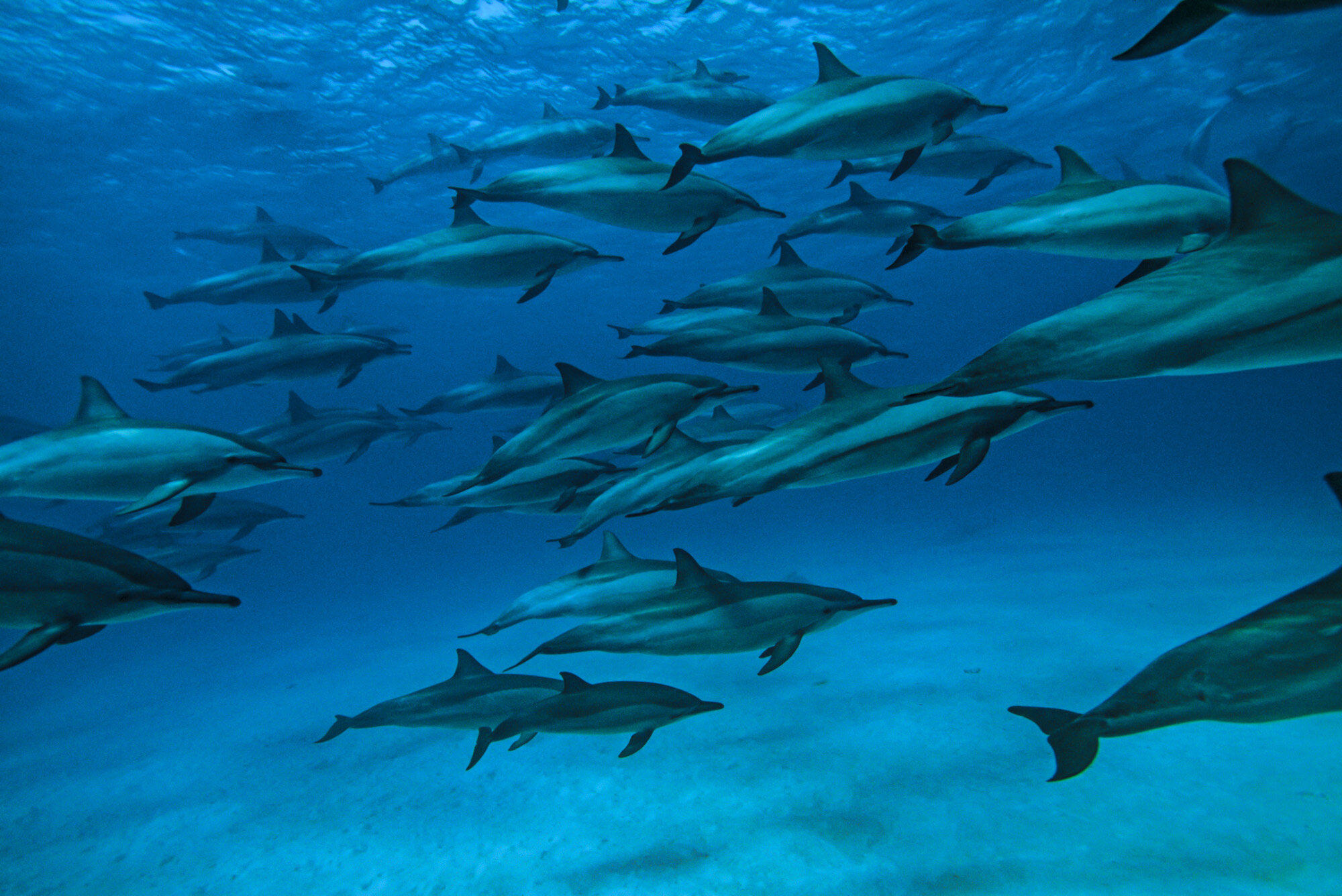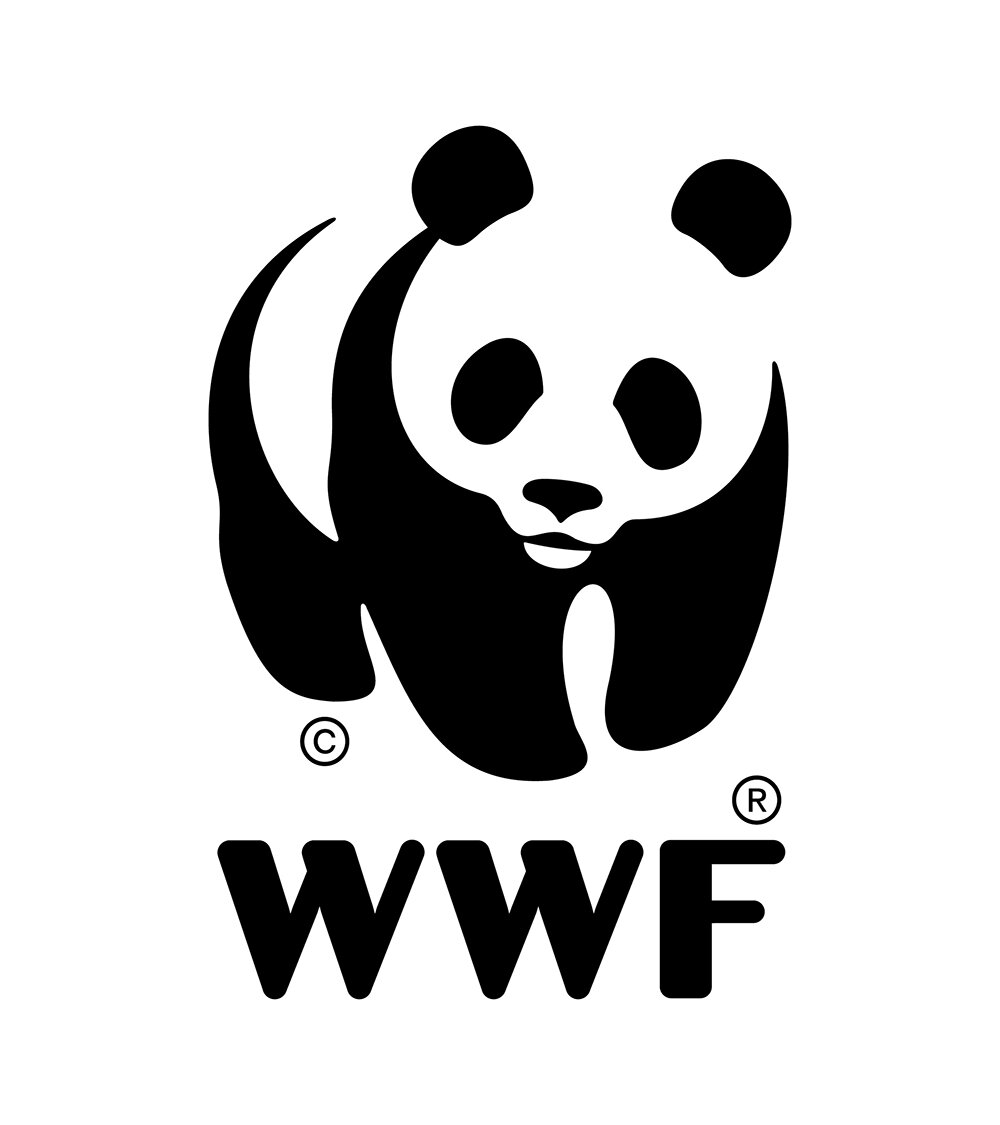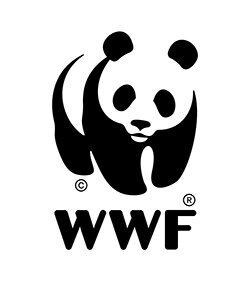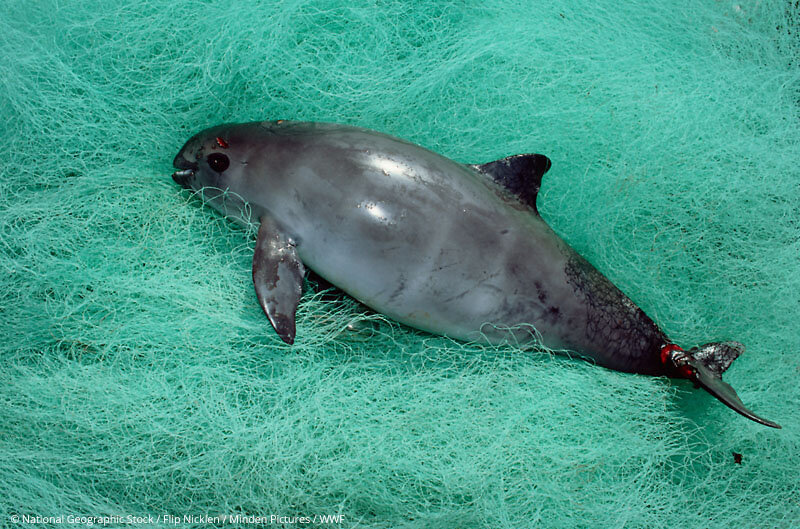
Latest news and stories about whale and dolphin conservation
When world’s collide
Whales and ships have long shared the seas, but with global shipping traffic on the increase – along with the speed and size of the largest vessels – their worlds are colliding with devastating consequences.
On a quiet mission
With whales and dolphins under acoustic assault from ever increasing shipping traffic, we need to turn down the volume and talk up the solutions for the health of our oceans.
Bycatch of critically endangered Baltic Sea harbour porpoise must stop
The Baltic Sea harbour porpoise is facing extinction. Only a few hundred animals are left, and under continued threat from bycatch, environmental contaminants, prey depletion and disturbance from underwater noise.
Protecting whales is climate positive
Protecting whales: a climate-positive solution for Biden’s Leaders Summit this Earth Day
Troubled waters ahead on Australia’s “humpback highway”
It’s a global conservation success story. Humpback whale populations, once hunted to near extinction, are bouncing back, so much so that right now, the Australian Government is assessing whether to remove the Humpback whale from its threatened species list. WWF has advised the government to hold off – for now, taking a precautionary approach and delaying this assessment by an additional five years. Chris Johnson, Global Lead for WWF’s Whales and Dolphins Initiative, explains why.
Pollution with an easy solution: Regulating underwater noise pollution for a healthy Arctic Ocean
When we think about threats to whales, seals and walrus in the Arctic, we don’t immediately think of underwater noise pollution. More likely, our minds go to visions of melting ice, caused by the region’s biggest threat: the climate crisis. Sea ice is essential habitat for many Arctic species, and it is also incredibly important in shaping the underwater soundscape that marine animals use to navigate, find food and mates, and avoid danger.
Whales and the plastics problem - the deadliest predator in the sea may not be what you think.
Protecting whales is crucial to protecting healthy oceans for all of us.
Antarctic Wildlife to Benefit from Fishing Ban
An NGO-industry collaboration to protect the Antarctic Ocean today announces a big step forward with a year-round closure of a 4,500 km2 area of ocean around Hope Bay in the northern Antarctic Peninsula.
What’s in the Net – Over one million turtles, seals, dolphins and seabirds killed each year by fishing
Hundreds of thousands of endangered marine animals are dying unnecessarily every year as a result of being accidentally caught in fishing nets, according to a new report by WWF and Sky Ocean Rescue.
Unregulated fishing in the Indian Ocean is putting food security and ocean health at risk
Unregulated fishing on the high seas of the Indian Ocean is putting marine life and seafood supplies at risk, new research shows. A report from WWF and Trygg Mat Tracking (TMT) shows for the first time exactly when, where and how unregulated fishing is happening in the region, its impacts on threatened species, and how far it is expanding.
A Deeply Troubling Setback For Endangered St. Lawrence Estuary Beluga
Quebec government’s unannounced withdrawal of a segment of a proposed marine protected area (MPA) in the St. Lawrence Estuary near Saguenay, QC is concerning. During initial MPA studies, this area was found to be ecologically significant and includes important nursery areas for capelin and rainbow smelt, important food for beluga.
159 Important Marine Mammal Areas—now stretch across the Southern Hemisphere
IMMAs are discrete portions of habitat, important for marine mammal species, that have the potential to be delineated and managed for conservation.
Urgent call by global experts for our most vulnerable whales, dolphins and porpoises worldwide
A third of the world's cetaceans - whales, dolphins and porpoises - are still threatened with extinction.
New report from WWF says abandoned fishing gear an “immortal menace” which must be central in the fight against plastic pollution.
So-called “ghost gear”, fishing equipment which is lost in the sea, can continue killing marine life for decades or even centuries after it first enters the ocean, making it the most deadly form of marine plastic debris. WWF is calling on governments to develop a legally binding global plastic pollution treaty that addresses this fundamental threat to marine wildlife.
















